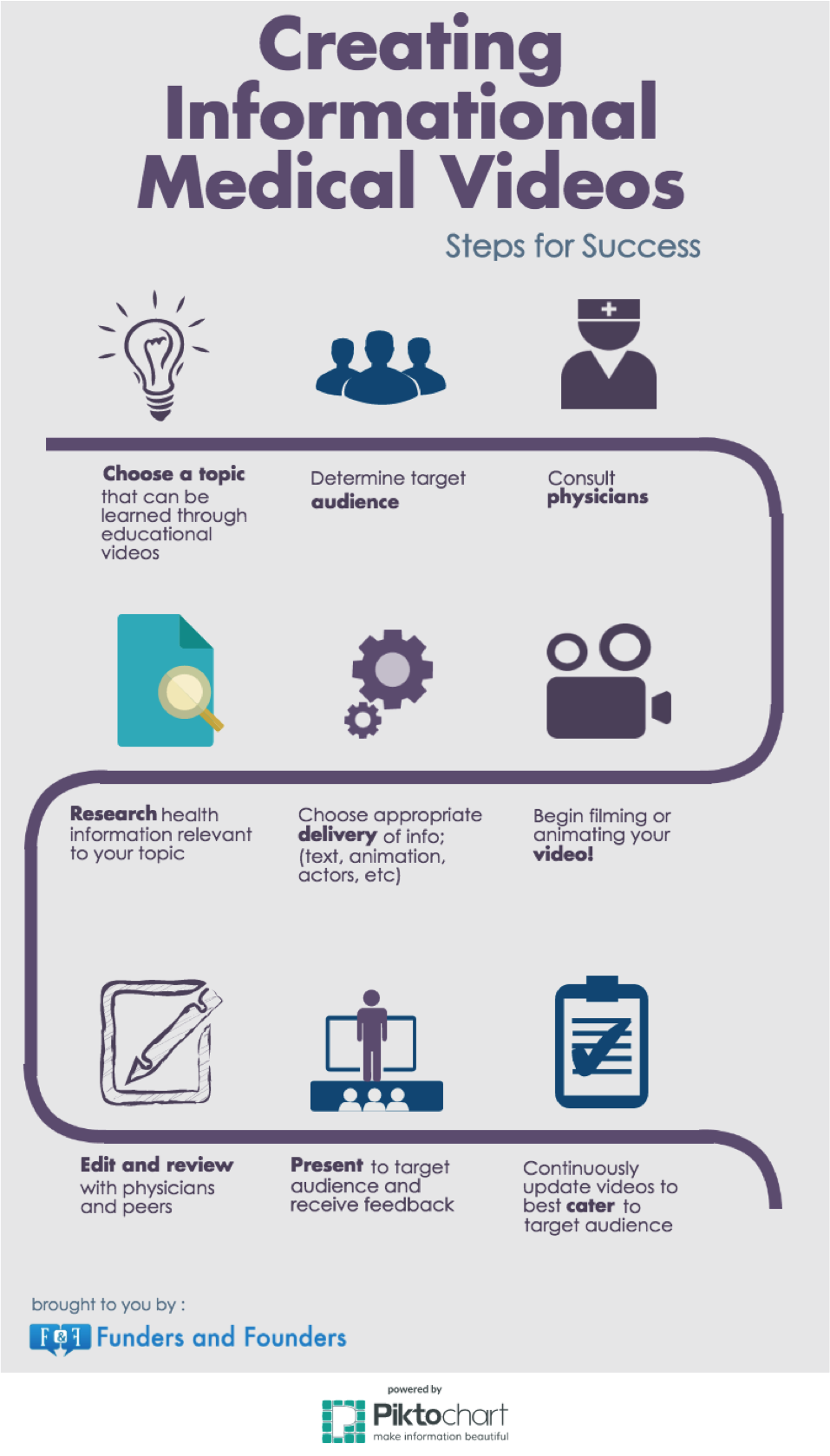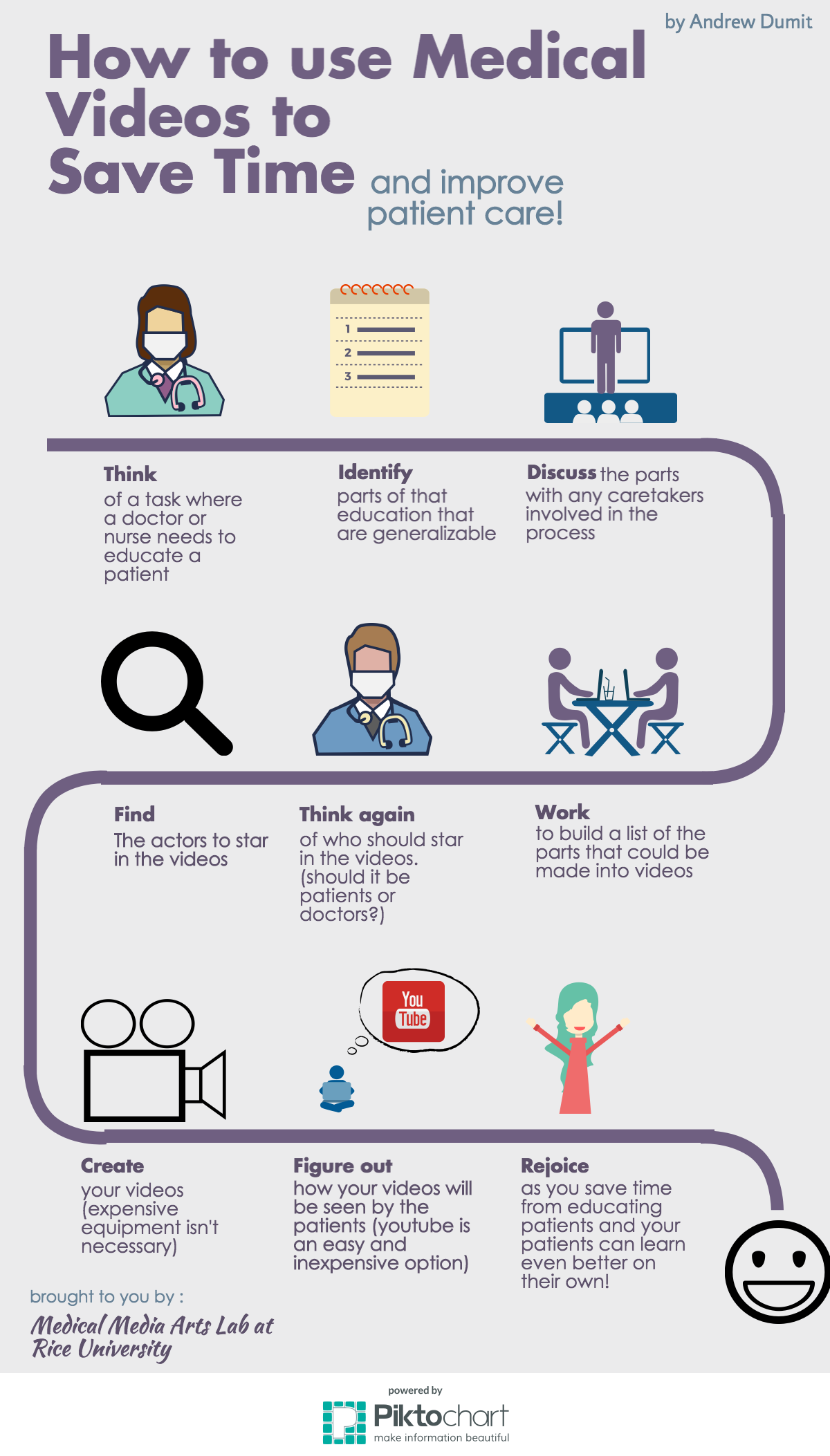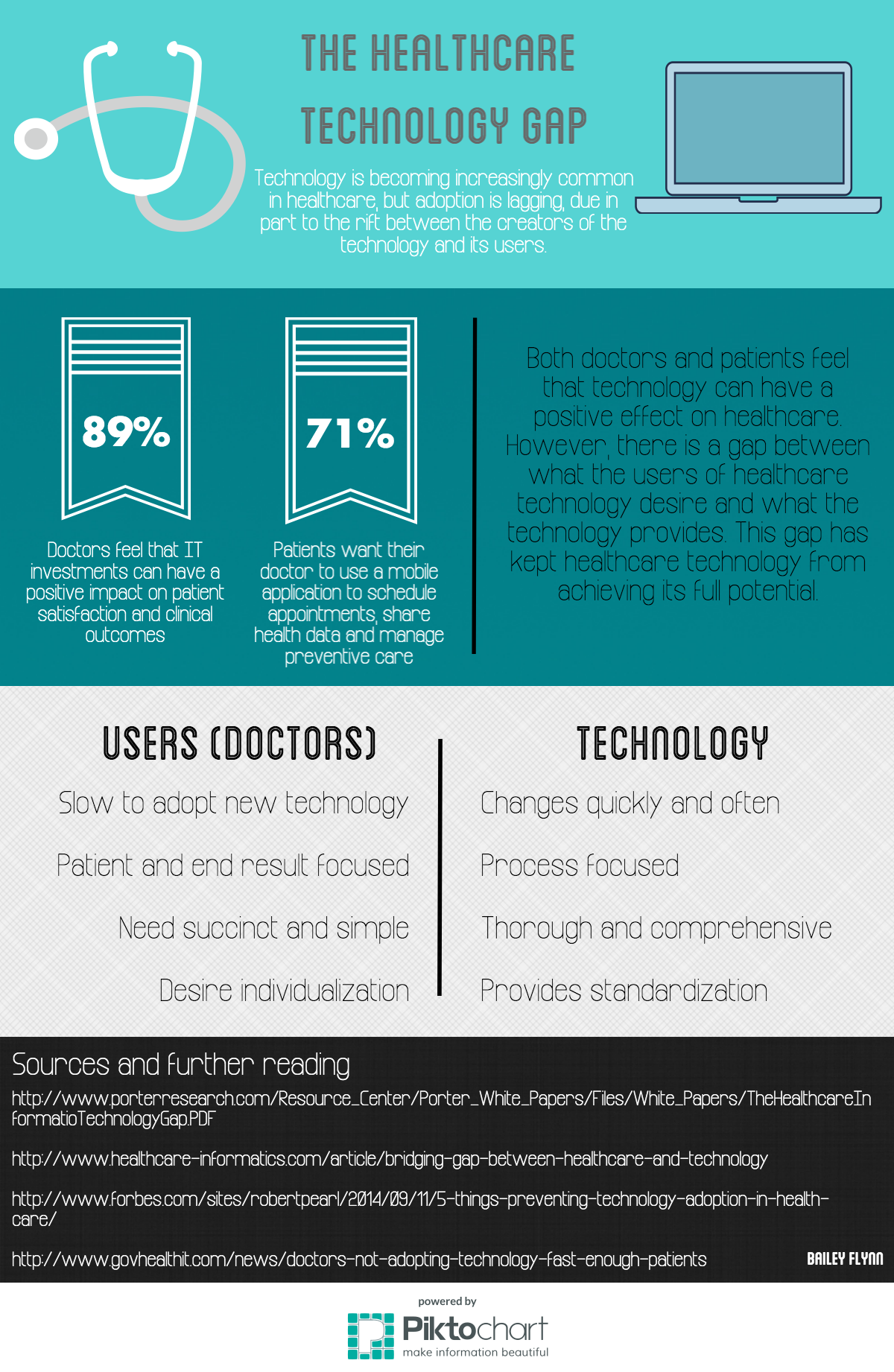Guest posting by Bailey Flynn
It’s no secret that the medical school system isn’t perfect. Between the politics of admissions and the overwhelming amounts of stress that most pre-med and med students are under, it’s clear that a few aspects of school need change. Though not headed to med school myself, a number of my friends are currently enrolled in or will be heading to med school next year, so I have second-hand experience with the flawed system.
The aspect of the med school system that I’d like to address here is how learning is accomplished. Students spend much of the first 2 years of med school (the pre-clinical years) memorizing copious amounts of information about anatomy, drug interactions, treatment courses, and more. Recently, John Schumann, of NPR, recently covered how this practice is being rethought. The main argument is that memorization may not be the most effective use of time for med students, as bodies of medical knowledge are continuously growing and there’s no way students could possibly master everything. Additionally, students often have to memorize information that they’ll use once for a test, then never again.
Here is where I feel that my perspective comes in handy. Right now, we’re in the midst of finals, and I’ve spent the last 3 days making, studying, and memorizing an intimidating stack of flashcards full of material that I’ll likely never use again (including fun terms like nucleofection, sonoporation, and electroporation). Though I’m fully capable of learning these terms, I don’t necessarily believe that holding them in my mind will benefit me in the long term.
Now, I’m not saying that memorization is not important. I’m thankful that I have doctors who can quickly diagnose and prescribe for me medications that they’ve spent years learning about. However, especially with the widespread reliance on technology as a reservoir of knowledge, I don’t think that memorization should be a med student’s first priority.
Lately, I have heard that many med schools are gradually transitioning to problem-based learning (PBL). In PBLs, students have to acquire very detailed knowledge about a particular subject and put it to use to solve a certain problem. I’ve taken several PBL-based courses, and I believe I gained a great deal more from these classes than from traditional, lecture-based courses. In them, I feel that I learned how to learn and problem solve, and they certainly simulated real world work better than would any exam. Of course, med schools won’t (nor should they) eliminate entirely the memorization component of learning, but I think that a shift would be very beneficial to students’ learning.
Source: http://www.npr.org/blogs/health/2015/04/21/401254790/would-doctors-be-better-if-they-didnt-have-to-memorize



